Debunking Mental Health Misconceptions
Throughout this Mental Health Awareness Month, businesses, schools, and the media have placed a lot of attention on mental health. Specifically, there has been an increase in sharing mental health information and resources, often in places where these conversations don’t usually take place. All of this is a positive step towards destigmatizing the conversation about mental health
With so many people joining in on the conversation, it can be easy to get caught up in misinformation. Not everything being shared is the most accurate which is why it’s important to check the source of the information. When in doubt, seek resources from reputable mental health organizations, such as Hope for the Day.
To help guide you on your mental health journey, we’ve compiled 5 common false misconceptions shared about mental health and the reality behind each:
1. Misconception: Talking about suicide will make someone want to attempt suicide.
The Reality: Talking about suicide does NOT increase a person’s likelihood of dying by suicide. People are actually more likely to seek support and resources, and determine the best way to heal and manage their challenges!
2. Misconception: People experiencing mental health issues usually can just snap out of it if they try hard enough.
The Reality: Mental health challenges are complicated. Correlating thoughts, feelings, and emotions with someone’s character, willpower, and personal strength is reinforcing the stigma in our communities. Many people may need clinical support from a professional and/or medication to properly manage their mental health. It’s a constant journey toward wellness.
3. Misconception: Individuals struggling with their mental health are dangerous, or likely to carry out violent crimes.
The Reality: Mental health challenges are not a predictor of violence towards others, but it is a predictor of suicide. To say otherwise is misleading and wrongfully points a finger at tens of millions of people who have experienced or are living with mental health conditions.
4. Misconception: Everyone who experiences some sort of traumatic event will end up with PTSD.
The Reality: How, why, and when we respond to a traumatic event is unique to that individual person. The human brain is wild and we’re still learning how it works! Two people can experience the exact same event and sometimes only one person walks away with a diagnosable condition.
5. Misconception: Mental health resources are just for folks with issues and/or people who are suicidal.
The Reality: Mental health, like physical health, is something we all have. When we talk about mental health in society it’s usually about depression, anxiety and thoughts of suicide. However, what’s not said is that mental health affects us all.
While we’ve debunked these myths, there are many other stigmas attached to mental health. Join the conversation with us all year long as we continue to talk openly and honestly about proactive suicide prevention. These conversations can happen with friends, family or at Hope for the Day’s education sessions.
If you or a loved one are going through a mental health challenge or would like more information on available resources in your community, please visit Hope For The Day’s Resource Compass.

